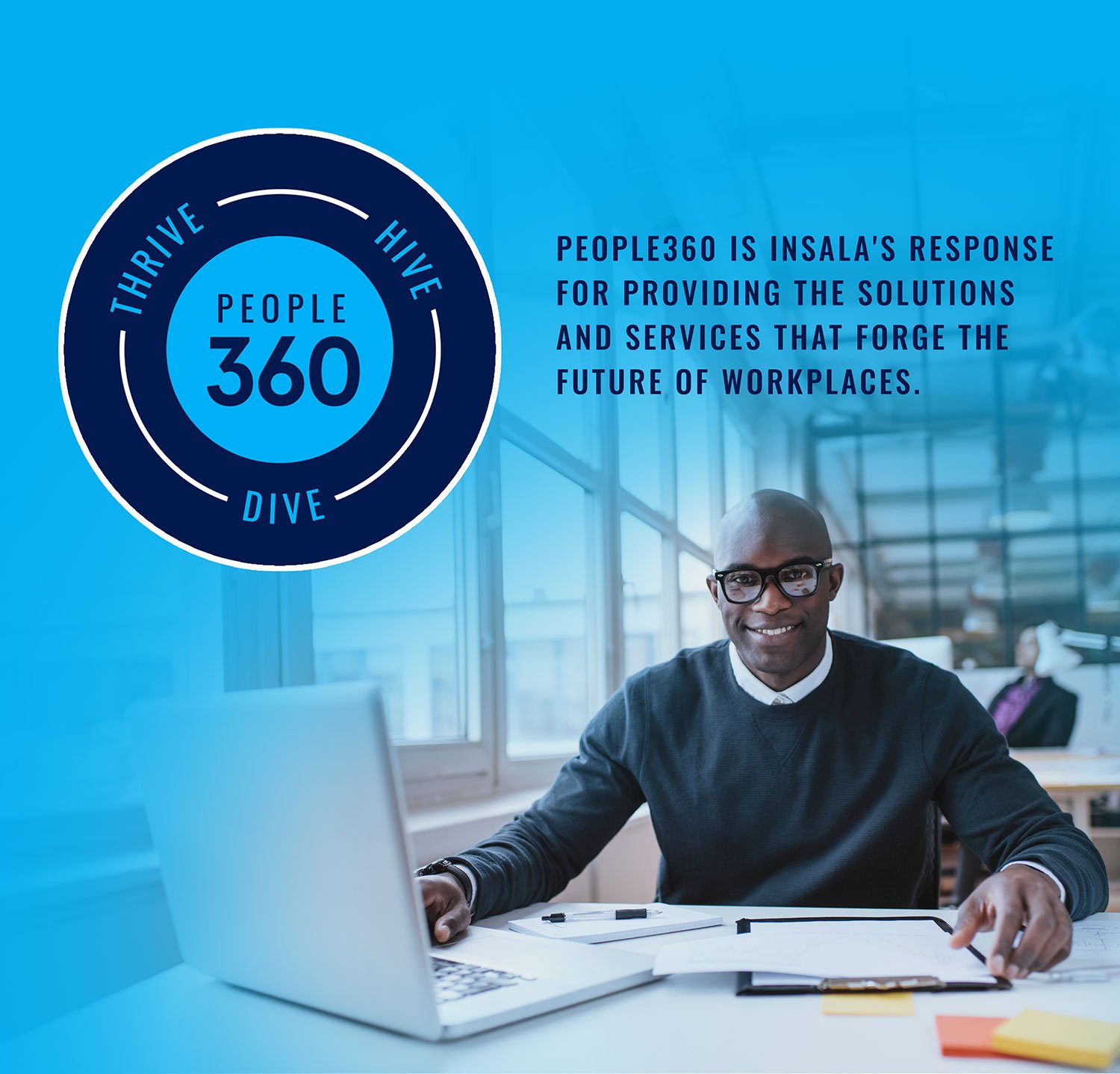Best Practices for Corporate Alumni Program Success
Corporate Alumni Programs: Best Practices for Success
Read more
Corporate alumni networks mimic university alumni networks by retaining relationships with former employees. You may be wondering why an organization would do that? The answer is simple. Those former employees can still bring benefits, especially when they are included in employee development.
The benefits alumni networks provide are very well-known. Corporate alumni can facilitate recruitment of new employees or clients, come back as a boomerang employee, and even become brand ambassadors. Not only are they great for your organization, but alumni networks are great for your employees. Remembering your alumni when creating your employee development strategy is a great plan.
Employee Development Business Objectives
Employee development strategies should focus on specific business objectives. These are what your organization wants to accomplish through employee development. Two great objectives your employee development strategy can focus on are career development and leadership development.
Your current employees want career and leadership development more than you may think. In fact, 94% of employees would stay with an organization longer if it invested in their careers. That is a huge portion of the workplace, so investing in development can improve your employee retention immensely.
Consider positioning your alumni within your employee development strategy to benefit career and leadership development.
Career Development
Despite its importance, many organizations are still neglecting to implement a career development strategy. This is evident because 40% of exiting employees list lack of career development as the reason for their departure.
Leadership Development
Additionally, an essential focus for your organization and employees must be leadership development. 84% of executives are anticipating a shortage of leaders in the future. With a weak succession pipeline and a lack of leaders, organizations and employee experience will both decline.
The key to developing leadership and career skills is bridging skill gaps in your employees with knowledge sharing. Corporate alumni are in a good position to enable knowledge sharing because of their previous experience. Of course this means that you have to make them a part of your leadership development programs.
Creating an Employee Development Strategy
An easy way for your organization to give your employees a great employee development strategy is through your alumni. They worked with you for some amount of time before exiting. This means they experienced what the company culture is actually like, and they developed their careers in the same setting. Experience in the organization means your alumni have a grasp of what it takes to be successful.
Types of Employee Development Strategies
The most beneficial programs to implement in your employee development strategy are coaching and mentoring. Supplementing both of these programs with alumni as coaches and mentors make them even more beneficial.
You may think coaching and mentoring are the same thing, and you’re not the only one. However, there are different uses and benefits of coaching vs. mentoring.
Mentoring
Mentoring relationships are long-term, often spanning over 6 months to a year or more. They often focus on slower, more holistic development of the mentees. Mentorships can also address more personal matters for the mentee, such as work-life balance or time management.
Employee development focuses on the employee, and this is the goal of mentoring. Mentors guide mentees to become better individuals in and out of the workplace. They also give the mentee first-hand knowledge of the company.
The first-hand knowledge of the company is very important, which is why alumni would work well as mentors. They experienced the inner workings of the organization themselves and can talk from experience when guiding their mentees. Alumni as mentors can also pull from their experiences since they left the organization. This allows for knowledge sharing at a higher level than that of current employees.
Alumni can act as mentors in many different types of mentoring. You can hold a speed mentoring event with alumni as mentors. You can also make your alumni easily available through software so they can participate in flash mentoring.
Alumni mentors would greatly benefit from the addition of virtual mentoring, especially if they have moved a large distance away. Virtual mentoring can be paired with any other type of mentoring to make it more efficient for all participants.
Coaching
While mentoring relationship are long, coaching relationships are relatively short. They consist of a series of focused sessions to accomplish one or two specific goals. Usually goals include skill sets that the coachee needs to gain or improve.
The benefits of coaching employees are obvious. The employee can gain skill sets they may otherwise struggle with quickly. Some examples of useful coaching goals are leadership development and decision-making.
Some key individuals to target for employee development though coaching include:
With alumni as coaches, you get similar benefits as mentoring with insider experience and elevated knowledge sharing. These experiences with the organization are unavailable in traditional external coaches. Some especially beneficial alumni to recruit as coaches include former leaders and trailblazers.
Insala offers top-notch software for corporate alumni, mentoring, and coaching programs. To learn how to implement your own alumni network, request a demo today.


Corporate Alumni Programs: Best Practices for Success
Read more
Tools for Increasing Corporate Alumni Engagement If you build it… will they come? Creating a corporate alumni network is an important ...
Read more
A Guide to Building and Maintaining a Corporate Alumni Network
Read more
How to Maintain a Relationship with Your Temporary Corporate Alumni
Read more
How to Build a Corporate Alumni Network Did you know that globally successful companies like Uber and Yelp were created from an ...
Read more

People360 is a pioneer and industry leader recognized by Global 1000 and Fortune 500 companies and associations internationally, for 27+ years as a leader in Career Management, Mentoring, Coaching, Career Transition, Alumni Software solutions and People Analytics.
© 2024 People360. All rights reserved. Privacy Policy